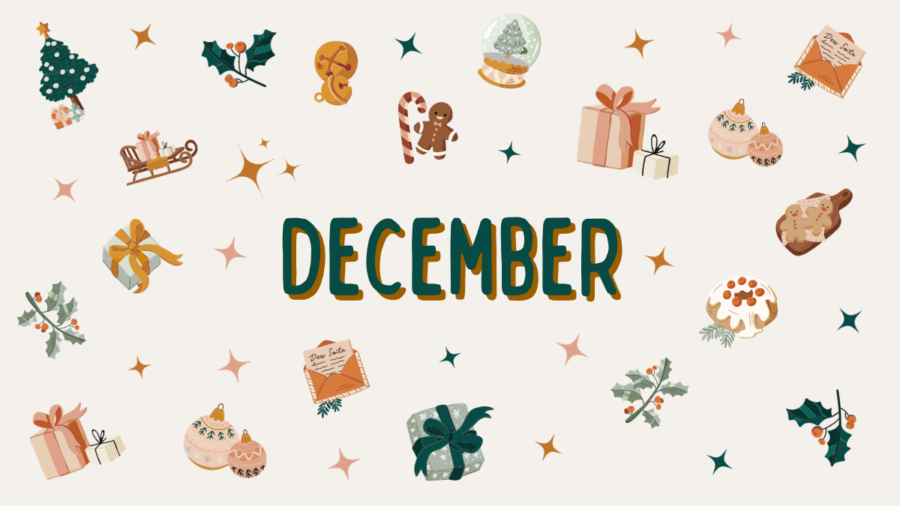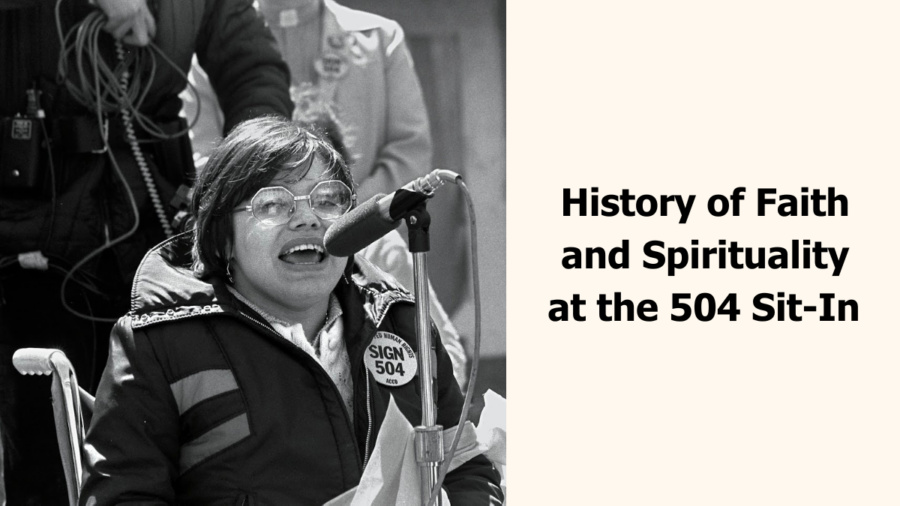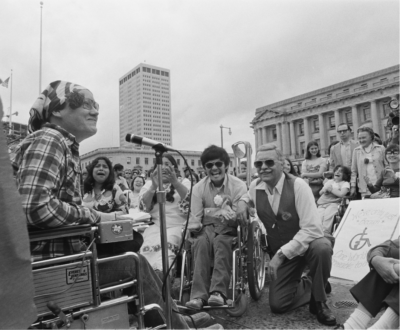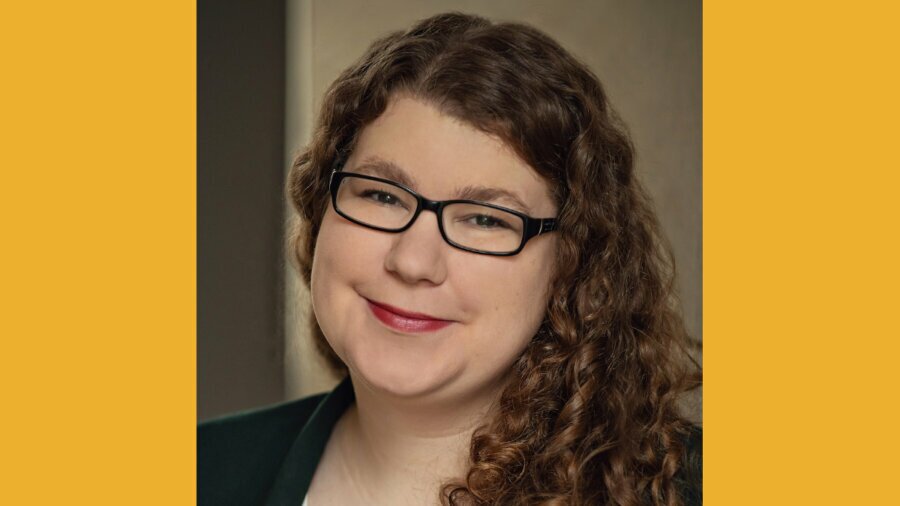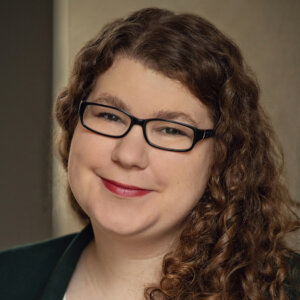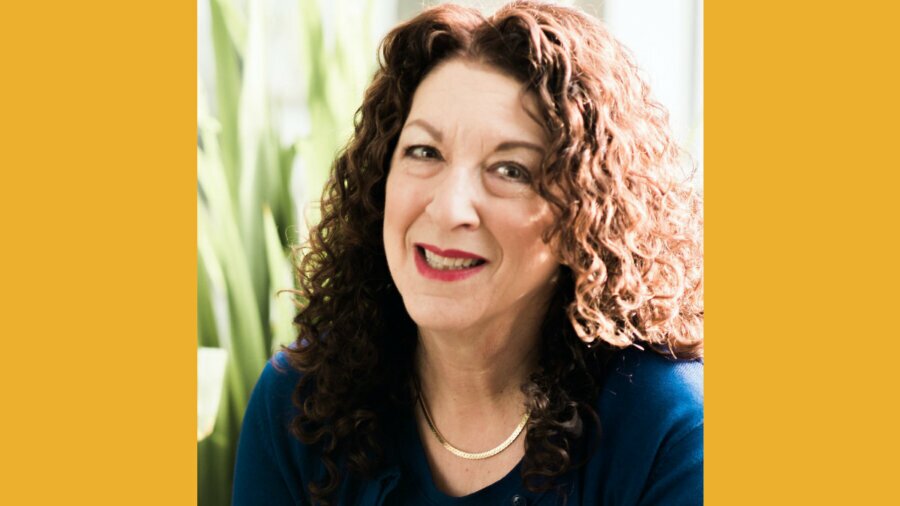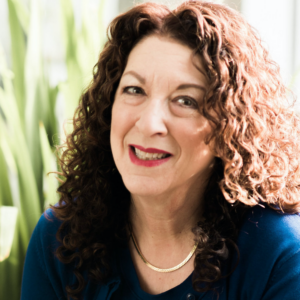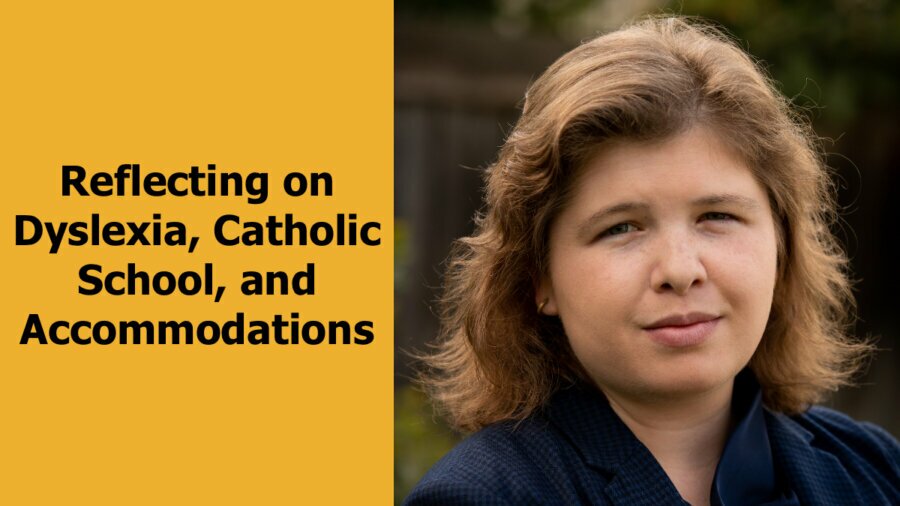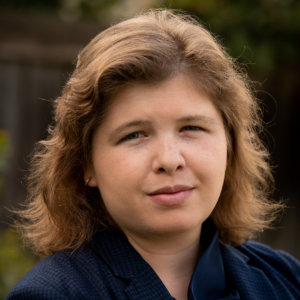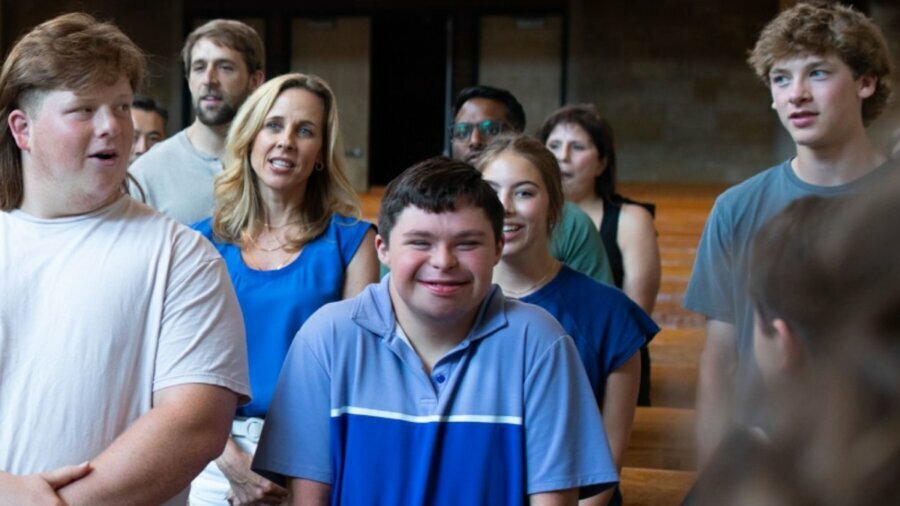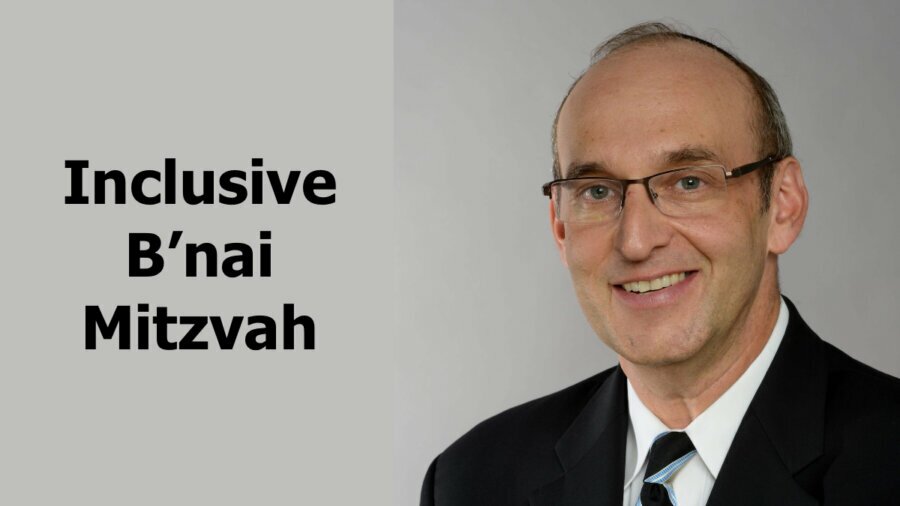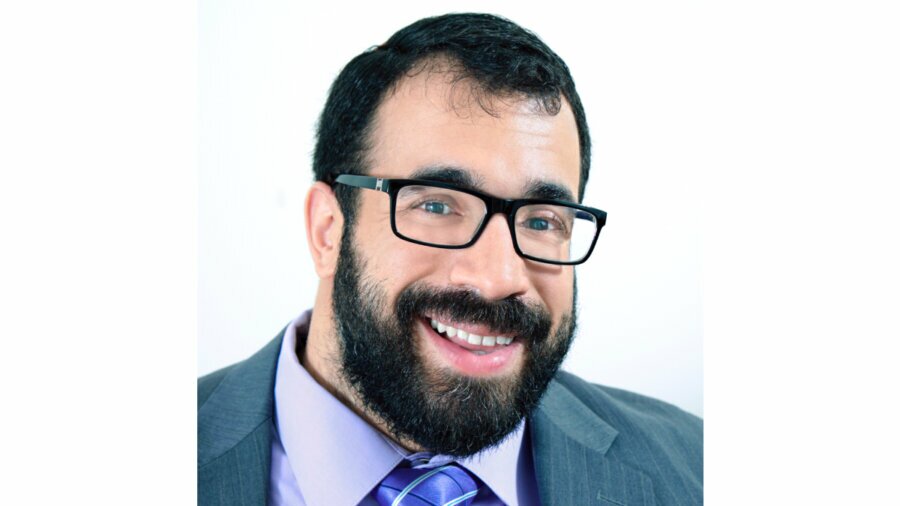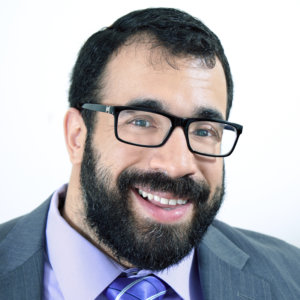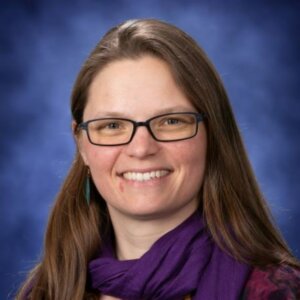
Victoria White
Have you ever been at a staff meeting to plan an event, class, service, or project, and one voice spoke clearly at just the right moment: “Have we thought about how this will affect [insert name of particular individual or group you are thinking about]?” Perhaps you have been that voice. In seeking to include students with varied abilities in Christian schools, WITH Ministries has pioneered inclusive education for forty years, and inclusive worship in congregations for ten years. There are many great ideas from the world of educational inclusion that can be used to welcome, include, and support full participation of people of all abilities in the body of Christ.
The body of Christ is not complete without each piece. At WITH Ministries, we quote 1 Corinthians 12, verse 18 (“God has arranged each one of the parts in the body just as he wanted them to be.”) and verse 27 (“You are the body of Christ, and each one of you is a part of it.”) We even use a call-to-worship from Romans 15:7 (“Accept one another, then, just as Christ accepted you, in order to bring praise to God,”) urging each one to “make Heaven a noisier place” by bringing praise to God through the acceptance of His children. All of His children, of all abilities. That means thinking about how worship and teaching practices will impact persons with varied abilities. It means thinking for neurodiverse people, people with learning disabilities, physical disabilities, mental health disabilities, and sensory disabilities. [continue reading…]
 December religious holidays and celebrations are natural opportunities for houses of worship to embrace practices that welcome and support people with disabilities in all aspects of the community. One of the most common questions we get is, “Our congregation wants to include disabled people, but where do we begin?”
December religious holidays and celebrations are natural opportunities for houses of worship to embrace practices that welcome and support people with disabilities in all aspects of the community. One of the most common questions we get is, “Our congregation wants to include disabled people, but where do we begin?”

